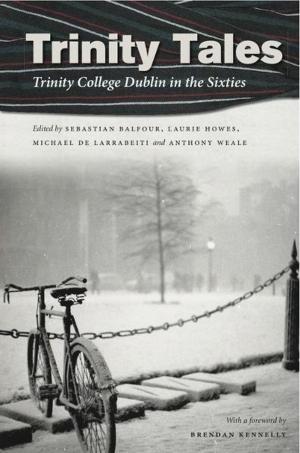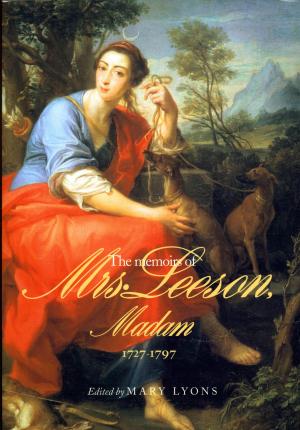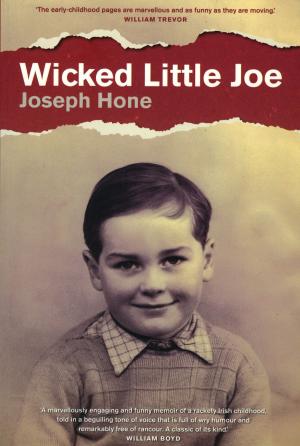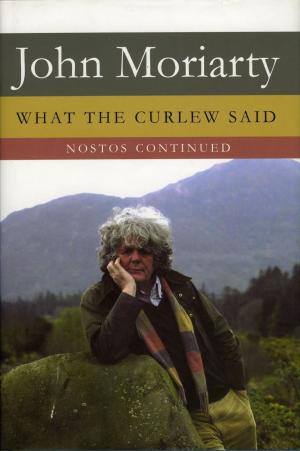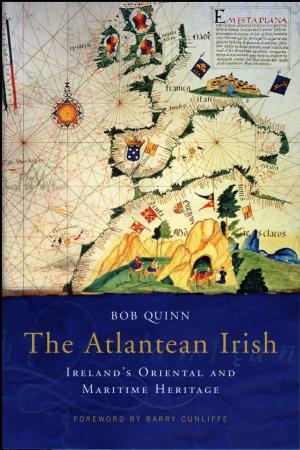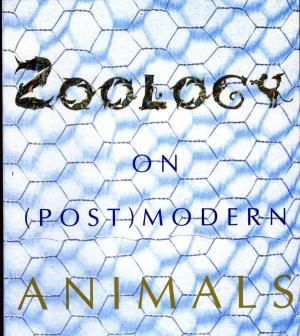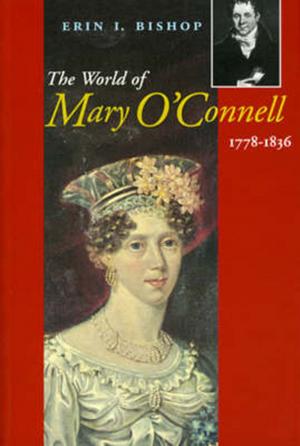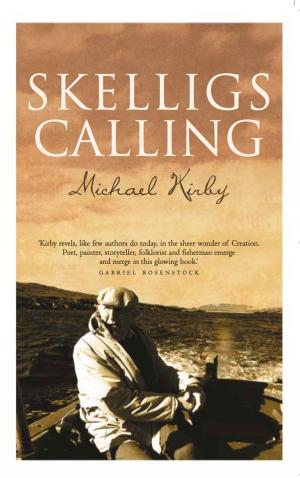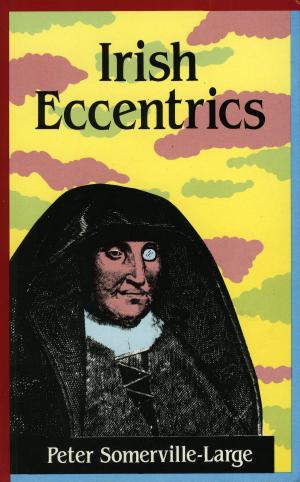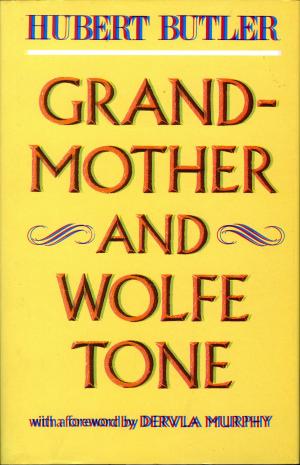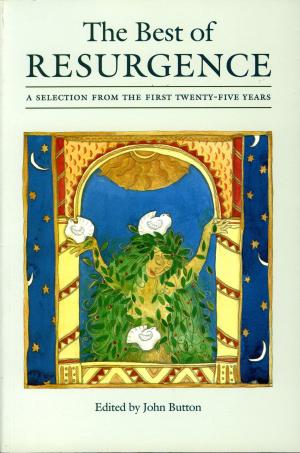The Great Hunger
The Gallant John-Joe
Fiction & Literature, Drama, British & Irish, Nonfiction, Entertainment| Author: | Tom Mac Intyre | ISBN: | 9781843514527 |
| Publisher: | The Lilliput Press | Publication: | April 22, 2002 |
| Imprint: | The Lilliput Press | Language: | English |
| Author: | Tom Mac Intyre |
| ISBN: | 9781843514527 |
| Publisher: | The Lilliput Press |
| Publication: | April 22, 2002 |
| Imprint: | The Lilliput Press |
| Language: | English |
The Great Hunger, Tom Mac Intyre's internationally celebrated play of 1983, and The Gallant John-Joe, his most recent dramatic work, show Mac Intyre to be one of the most daringly and excitingly original Irish writers working today. The Great Hunger is Mac Intyre's version of Patrick Kavanagh's long poem of the same name. It represents the life and dreams of Patrick Maguire, Monaghan small farmer and potato-gatherer, a man suffering from sexual and spiritual starvation. The play fuses image, movement and language into a classic of contemporary Irish drama. The Gallant John-Joe is the soliloquy of John-Joe Concannon, a Cavan widower grappling with physical and mental infirmity and trying unsuccessfully to plumb the mysteries of his relationship with his troubled daughter. His Lear-like cry, by turns tragic and uproariously funny, is both instantly recognizable and marvelously strange, a creation only Mac Intyre could have brought to the stage, and the page.
The Great Hunger, Tom Mac Intyre's internationally celebrated play of 1983, and The Gallant John-Joe, his most recent dramatic work, show Mac Intyre to be one of the most daringly and excitingly original Irish writers working today. The Great Hunger is Mac Intyre's version of Patrick Kavanagh's long poem of the same name. It represents the life and dreams of Patrick Maguire, Monaghan small farmer and potato-gatherer, a man suffering from sexual and spiritual starvation. The play fuses image, movement and language into a classic of contemporary Irish drama. The Gallant John-Joe is the soliloquy of John-Joe Concannon, a Cavan widower grappling with physical and mental infirmity and trying unsuccessfully to plumb the mysteries of his relationship with his troubled daughter. His Lear-like cry, by turns tragic and uproariously funny, is both instantly recognizable and marvelously strange, a creation only Mac Intyre could have brought to the stage, and the page.

